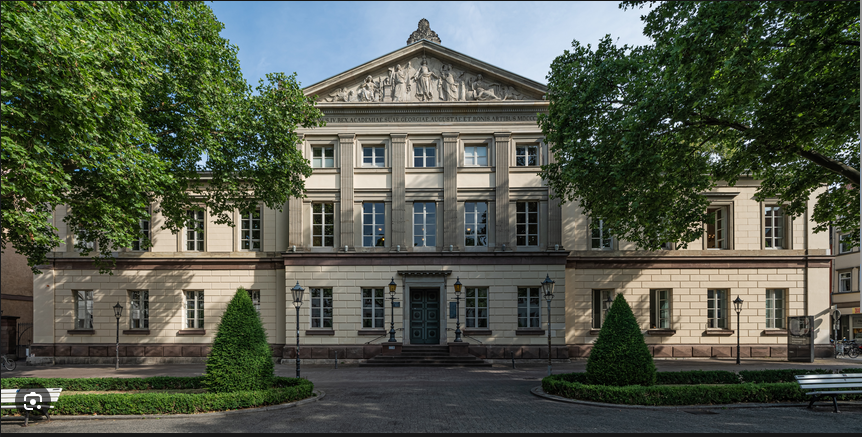Speakers
Description
Innovations in agriculture not only promise greater efficiency and productivity, but could be crucial in addressing global challenges such as food security, climate change, and sustainable development. While technology and innovation hold such immense potential to transform agriculture, how accessible are they to smallholder farmers, especially in developing regions? How do we make agricultural innovation more inclusive?
In this world café, we will explore the challenges that hinder access, adoption sand effective implementation of agricultural innovations by smallholder farmers. From the role of traditional knowledge to the role of public policies.
Table 1 - Diffusion of innovation in value chains: How does technological innovation travel along value chains in agriculture? What factors influence its adoption?
The adoption of new technologies is influenced by a variety of factors, including economic incentives, infrastructure, access to knowledge and information, risk perceptions, peer influence, cultural norms and the compatibility of the technology with existing practices. This table will explore how innovations in agriculture—such as precision farming, biotechnology and digital platforms—are adopted along value chains. Participants will discuss barriers to diffusion, such as the gap between innovators and end-users and strategies to facilitate broader adoption, especially among smallholders and other marginalized actors. The discussion will consider the role of behavioral economics, the impact of uncertainty and complexity and the influence of social networks on technology adoption decisions.
Table 2 - Digital tools and smallholder farmers: How can smallholder farmers benefit from digital tools? What are the barriers to access?
Digital tools and platforms—ranging from mobile apps for market information to precision agriculture technologies—offer significant opportunities for smallholder farmers. These tools can help farmers improve productivity, access markets and manage risks. However, barriers such as digital literacy, connectivity and cost can limit their adoption among smallholders. This table will discuss the potential benefits of digital tools for smallholder farmers, exploring successful examples and identifying the key barriers that need to be addressed. The conversation will also consider how digital tools can be designed to meet the specific needs of smallholders and how to ensure equitable access.
Table 3 - Integrating traditional knowledge in innovation: What role does traditional knowledge play in agricultural innovation? How can it be integrated with modern technologies?
Traditional knowledge, accumulated over generations, often provides valuable insights into sustainable agricultural practices and local environmental conditions. However, this knowledge is sometimes overlooked in the development of modern agricultural technologies. This table will explore how traditional knowledge can be integrated with new innovations, such as digital tools, to create context-appropriate solutions. The discussion will also consider the potential conflicts between traditional practices and modern technologies and how these can be reconciled to enhance both innovation and sustainability.
Table 4 - Policy, regulation and responsible innovation: What is the role of policy and regulation in ensuring responsible innovation in agriculture?
Technological innovations in agriculture bring both opportunities and risks, from increasing productivity to exacerbating inequalities or environmental harm. Effective policy and regulation are essential to guide the development and adoption of new technologies in a way that maximizes benefits while minimizing negative impacts. This table will discuss the role of governments and international bodies in creating frameworks that promote responsible innovation. Participants will consider how policies can support equitable access to new technologies, protect smallholders and consumers and ensure that innovations contribute to sustainability goals. The discussion will also explore the challenges of regulating rapidly evolving technologies and the need for adaptive, forward-looking policies.
